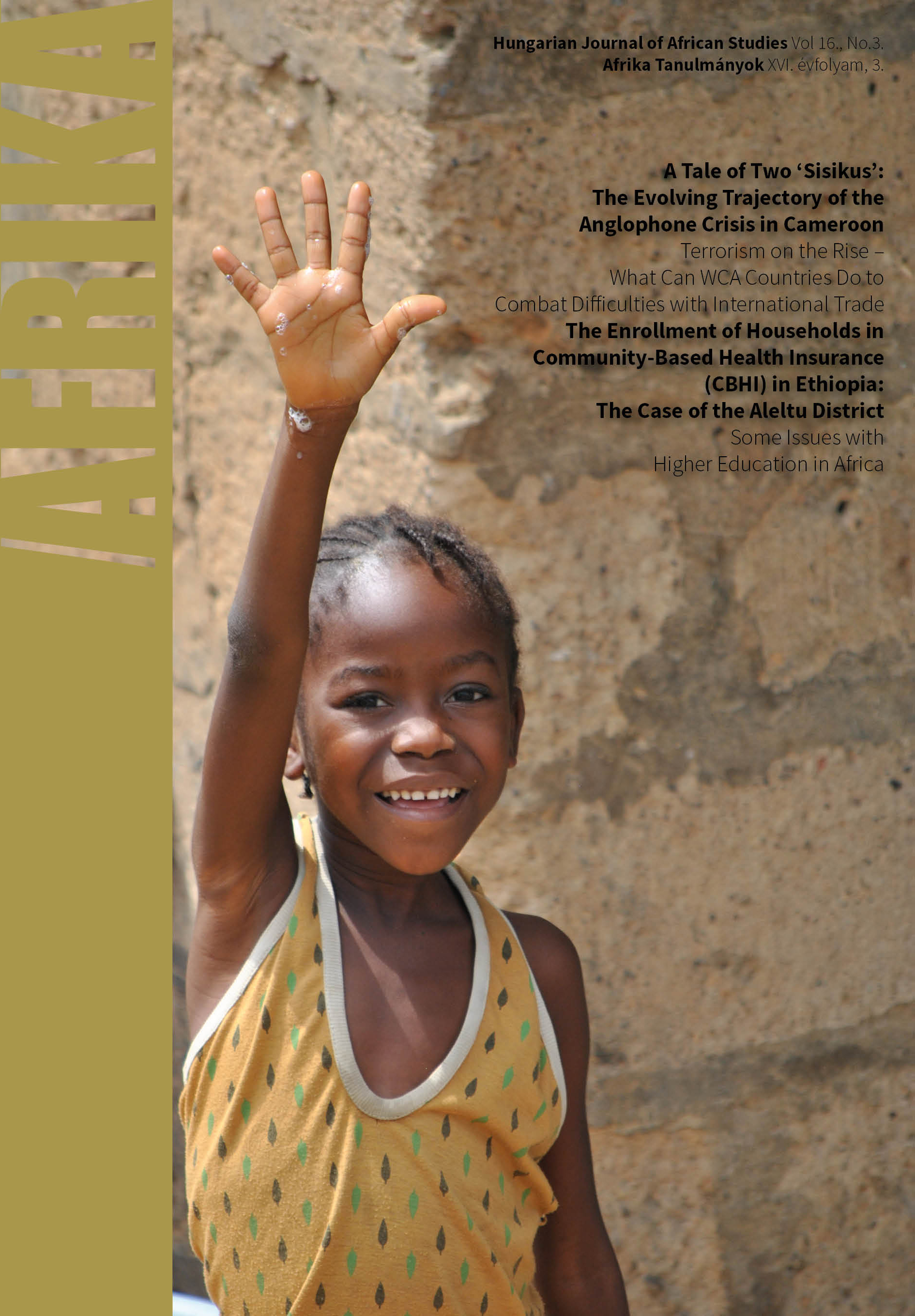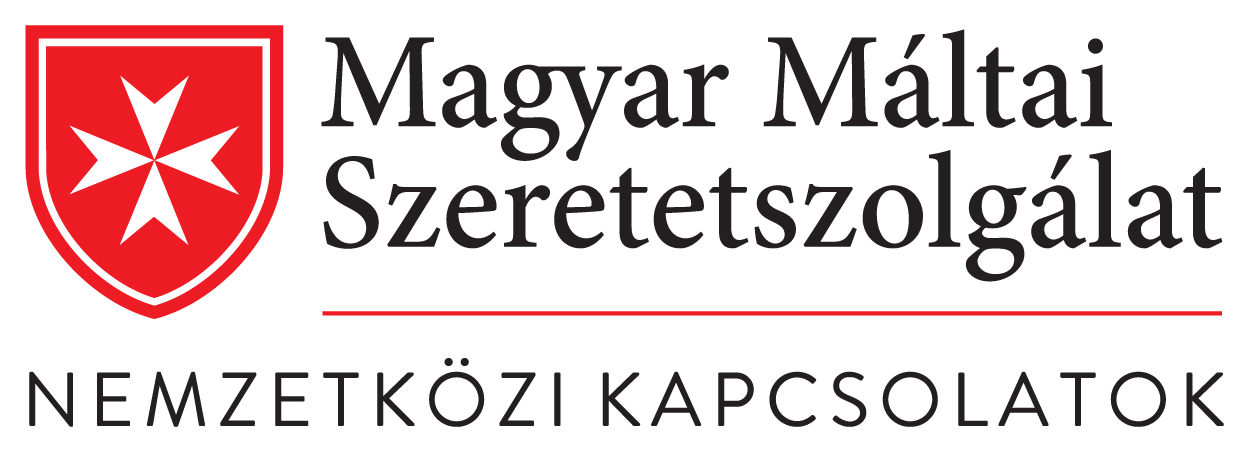Enrollment of Households in Community-Based Health Insurance (CBHI) in Ethiopia: The Case of the Aleltu District
DOI:
https://doi.org/10.15170/AT.2022.16.3.3Kulcsszavak:
Community-Based Health Insurance (CBHI), Enrollment, Aleltu districtAbsztrakt
In developing countries, people’s attitude about their health is very poor. People visit health institutions only when they are sick. This trend is especially common in rural areas. For the majority of people, health care is accessed and covered by money sourced from their existing funds or assets, which frequently results in citizens not using health care services. Poor health care financing remains a major challenge for the health system in Ethiopia. It leaves households vulnerable to impoverishment from high health expenditures and slows progress towards health improvements such as the Sustainable Development Goals, limiting access to essential health services among citizens with lower socio-economic status. Important barriers to improved health care financing include low government spending on the health sector, strong reliance on out-of-pocket expenditure, inefficient and inequitable utilization of resources, and poorly harmonized and unpredictable donor funding. Different studies illustrated that in developing countries the majority of people from poor families cover health care costs with out-of-pocket funding. As a result, many fall into debt, which aggravates the severe poverty conditions. This study revealed that all households (n=150) are aware. This awareness has positive contribution on enrolment and sustainability of the scheme by minimizing the drop out of the members. The major benefit the households experienced by enrolling in Community-Based Health Insurance (CBHI) is that it saves people from having unplanned health costs. Eighty percent of the respondents stated that their health status improved and that their families were insured. Currently, both premiums were paid and Poor members of the scheme are enrolling in the Aleltu district because they understand the advantages of being members of CBHI.
Downloads
Megjelent
Hogyan kell idézni
Folyóirat szám
Rovat
License

This work is licensed under a Creative Commons Attribution-NonCommercial-NoDerivatives 4.0 International License.
















